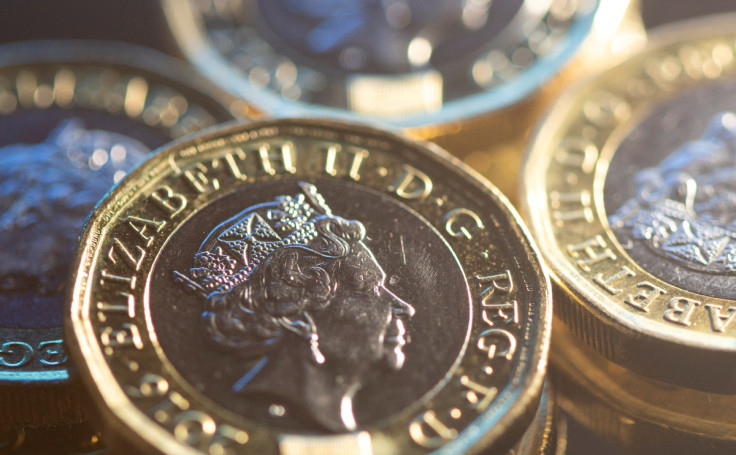UK's Hunt gets a pre-budget boost with surprise January surplus
Britain's government ran an unexpected budget surplus in January thanks to strong income tax receipts, giving finance minister Jeremy Hunt a little more leeway as he prepares to deliver a budget statement next month.

Britain's government ran an unexpected budget surplus in January thanks to strong income tax receipts, giving finance minister Jeremy Hunt a little more leeway as he prepares to deliver a budget statement next month.
Britain reported a surplus in its public finances of 5.42 billion pounds ($6.51 billion) last month, when millions of Britons pay income tax, the Office for National Statistics (ONS) said on Tuesday.
A Reuters poll of economists had pointed to net borrowing, excluding state-owned banks, of 7.9 billion pounds.
The surplus meant borrowing in the first 10 months of the 2022/23 financial year stood at 117 billion pounds, a big shortfall by historical standards but around 30 billion pounds less than the government's forecasters had expected.
"This suggests that the Chancellor will have some wiggle-room in the budget to fund near-term tax cuts and/or spending rises," said Ruth Gregory, deputy chief UK economist at consultancy Capital Economics, of the January surplus.
Hunt has come under pressure from within his Conservative Party to cut taxes and speed up Britain's weak economic growth outlook. The Bank of England and other forecasters have said a recession is probably underway, although a survey of businesses published separately on Tuesday was much stronger than expected.
The government is also fighting off demands for pay raises from workers in public services who have launched a wave of industrial action.
"The government is running out of excuses," Paul Nowak, general secretary of the Trades Union Congress, said. "Jeremy Hunt must come out of hiding and help break the deadlock on public sector pay."
Hunt stuck to his message about the need to tackle Britain's debt mountain which now stands just below 2.5 trillion pounds, or almost 99% of economic output.
"Getting debt down will require some tough choices, but it is crucial to reduce the amount spent on debt interest so we can protect our public services," Hunt said in a statement.
Gregory warned that forecasters at the Office for Budget Responsibility were likely to downgrade their estimates for Britain's potential economic growth rate - something that would limit the scope for any immediate giveaways by Hunt on March 15.
Tuesday's figures, which are not adjusted for inflation, showed 6.7 billion pounds of interest payable on index-linked government bonds, the highest January total on record.
But they also showed self-assessment income tax receipts were the highest January figure since monthly records began in 1999 at 21.9 billion pounds, 5.5 billion pounds more than last year.
Philip Shaw, an economist at Investec, said the strong tax revenues could weaken as the economy continues to struggle under the weight of high inflation this year but Hunt might be spared having to maintain costly state support for energy bills as international prices fall.
The government spent more than 10 billion pounds on its energy support for households in January, while it also paid 2.3 billion pounds to the European Union to settle a dispute over customs duties.
"It is still relatively early days but it is possible to envisage events playing out where borrowing falls significantly below expectations, facilitating at least some tax cuts ahead of a 2024 election," Shaw said.
($1 = 0.8317 pounds)
Copyright Thomson Reuters. All rights reserved.





















